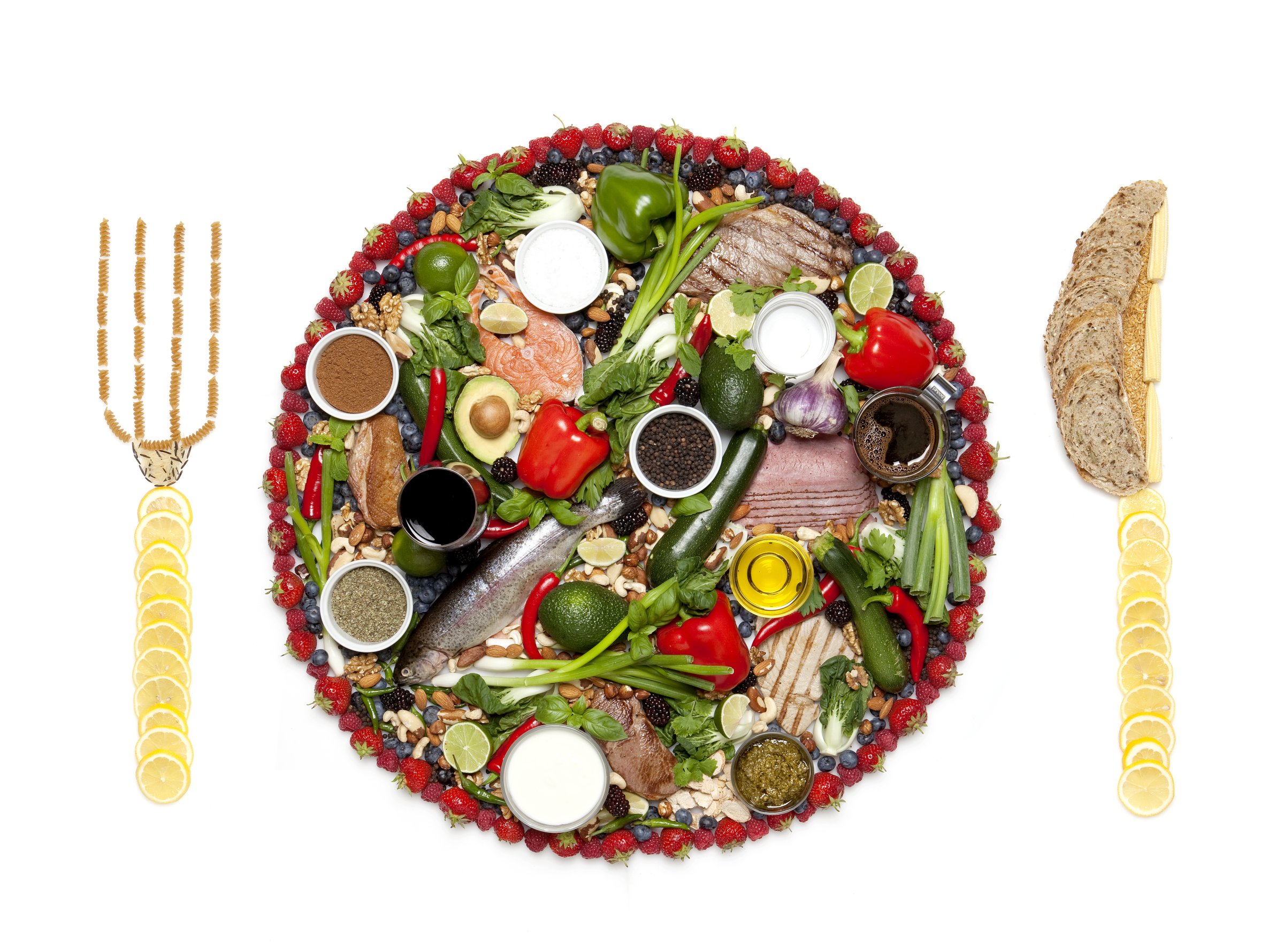
Many methods to improve your health are pretty straightforward: to lose weight, eat less and exercise more; to boost your energy, get more sleep; to prevent dehydration, drink more water. Others, however, are totally counterintuitive. The following tips really do work—but they may leave you scratching your head.
Drink coffee to have a better nap
In a Japanese study that examined how to make the most of a nap, people who took a “coffee nap”—consuming about 200 milligrams of caffeine (the amount in one to two cups of coffee) and then immediately taking a 20-minute rest—felt more alert and performed better on computer tests than those who only took a nap.
HEALTH.COM: 12 Surprising Sources of Caffeine
Why does this work? A 20-minute nap ends just as the caffeine kicks in and clears the brain of a molecule called adenosine, maximizing alertness. “Adenosine is a byproduct of wakefulness and activity,” says Allen Towfigh, MD, medical director of New York Neurology & Sleep Medicine. “As adenosine levels increase, we become more fatigued. Napping clears out the adenosine and, when combined with caffeine, an adenosine-blocker, further reduces its effects and amplifies the effects of the nap.”
For healthy teeth, don’t brush after eating
Don’t brush your teeth immediately after meals and drinks, especially if they were acidic. Acidic foods—citrus fruits, sports drinks, tomatoes, soda (both diet and regular)—can soften tooth enamel “like wet sandstone,” says Howard R. Gamble, immediate past president of the Academy of General Dentistry. Brushing your teeth at this stage can speed up acid’s effect on your enamel and erode the layer underneath. Gamble suggests waiting 30 to 60 minutes before brushing.
HEALTH.COM: 20 Things That Can Ruin Your Smile
To wear a smaller size, gain weight
Muscle weight, that is. If two women both weigh 150 pounds and only one lifts weights, the lifter will more likely fit into a smaller pant size than her sedentary counterpart. Likewise, a 150-pound woman who lifts weights could very well wear the same size as a 140-pound woman who doesn’t exercise. The reason: Although a pound of fat weighs the same as a pound of muscle, muscle takes up less space, says Mark Nutting, fitness director of SACO Sport & Fitness in Saco, Maine. “You can get bigger muscles and get smaller overall if you lose the fat,” he says. “The bulk so many women fear only occurs if you don’t lose fat and develop muscle on top of it.” Cut back on calories and add weight to your workout to lose inches.
To eat less, eat more
Grabbing a 100-calorie snack pack of cookies or pretzels may seem virtuous, but it’s more likely to make you hungrier than if you ate something more substantial, says Amy Goodson, RD, dietitian for Texas Health Ben Hogan Sports Medicine. “Eating small amounts of carbohydrates does nothing but spike your blood sugar and leave you wanting more carbs.” Goodson recommends choosing a protein such as peanut butter or string cheese with an apple. “They are higher in calories per serving, but the protein and fat helps you get full faster and stay full longer—and you end up eating fewer calories overall,” she says.
HEALTH.COM: 17 High-Protein Snacks That Speed Up Weight Loss
Skip energy drinks when you’re tired
Energy drinks contain up to five times more caffeine than coffee, but the boost they provide is fleeting and comes with unpleasant side effects like nervousness, irritability, and rapid heartbeat, says Goodson. Plus, energy drinks often contain high levels of taurine, a central nervous system stimulant, and upwards of 50 grams of sugar per can (that’s 13 teaspoons worth!). The sweet stuff spikes blood sugar temporarily, only to crash soon after, leaving you sluggish and foggyheaded—and reaching for another energy drink.
HEALTH.COM: 14 Reasons You’re Tired All the Time
Drink a hot beverage to cool off
Which will cool you off faster on a steamy summer morning: iced coffee or hot? Two recent studies say the latter—and so do others where drinking hot tea in hot weather is the norm, like in India. When you sip a hot beverage, your body senses the change in temperature and increases your sweat production. Then, as the sweat evaporates from your skin, you cool off naturally.
More Must-Reads from TIME
- Cybersecurity Experts Are Sounding the Alarm on DOGE
- Meet the 2025 Women of the Year
- The Harsh Truth About Disability Inclusion
- Why Do More Young Adults Have Cancer?
- Colman Domingo Leads With Radical Love
- How to Get Better at Doing Things Alone
- Michelle Zauner Stares Down the Darkness
Contact us at letters@time.com